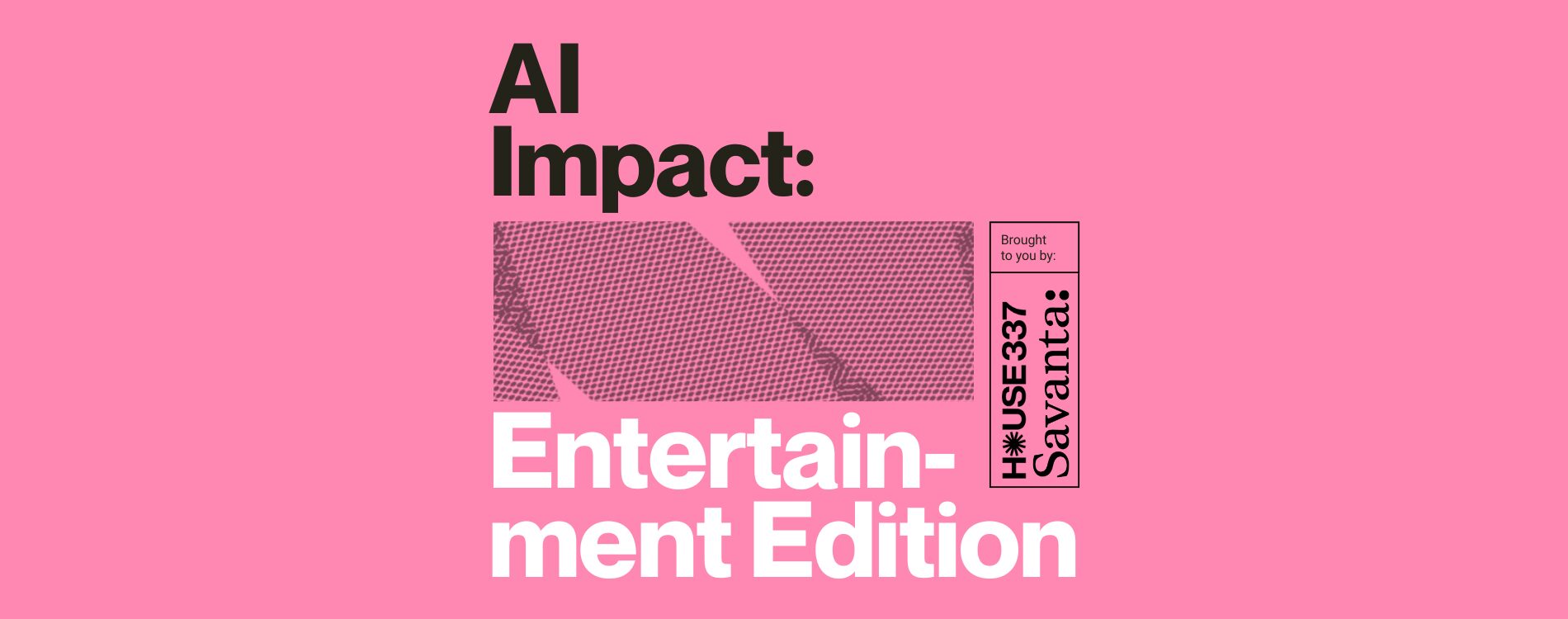As businesses race towards digital transformation, our latest report examines a crucial question: are digital-first strategies unintentionally excluding consumers? While digital services promise convenience, many individuals face barriers to full participation, particularly in the financial sector.
Exclusion through innovation?
With technology rapidly advancing, it’s easy to assume that consumers are moving in sync. However, our research reveals a growing divide. While some customers readily embrace digital services, others are left struggling with accessibility issues and trust concerns, especially when it comes to handling sensitive financial transactions.
Digital services: Convenience or constraint?
Although digital platforms are designed to streamline services, many consumers still hesitate to engage fully. For some, the lack of in-person alternatives in critical sectors like finance leaves them feeling alienated. Ensuring that digital services remain an option rather than the only choice will be key in bridging the gap.
Who is at risk?
Our report uncovers the specific challenges different consumer groups face in the shift to digital, highlighting how businesses can adapt their strategies to serve a broader audience. By addressing these barriers, companies can foster inclusion and ensure they don’t leave key demographics behind.
What’s next for UX?
As digital solutions become the norm, it’s more important than ever to understand how user experience (UX) can drive or hinder consumer adoption. This report offers valuable insights into future trends, helping businesses refine their digital strategies and create more inclusive, accessible experiences.





